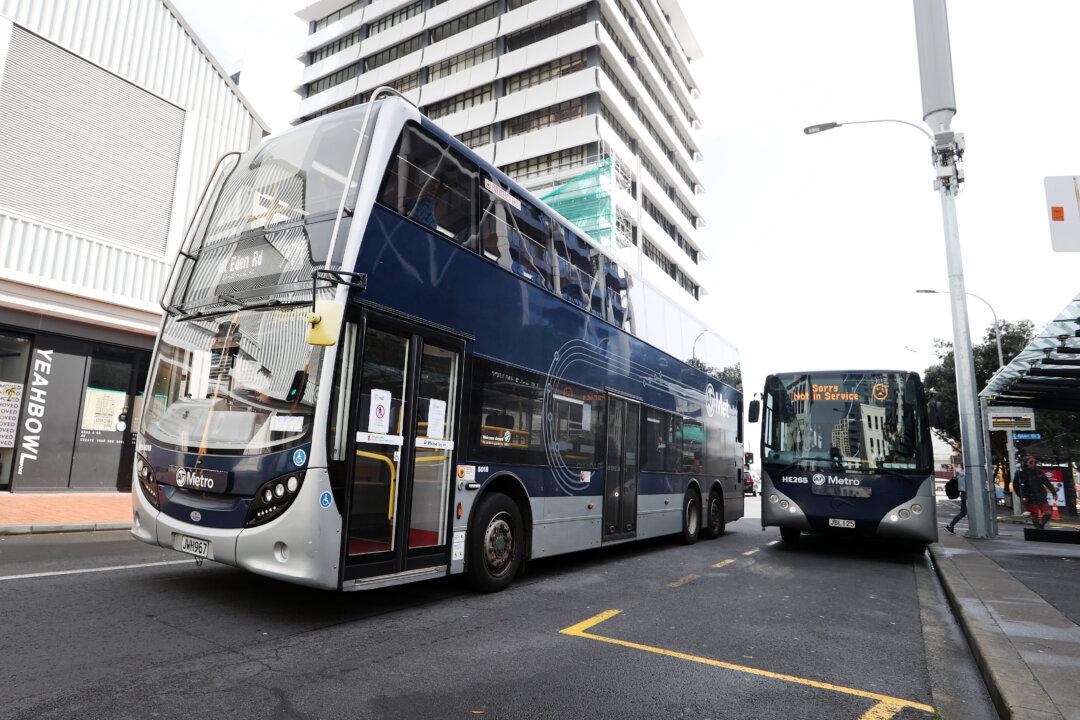Climate targets are no longer a priority under the New Zealand government’s latest plan for the transport sector.
In its recently released draft policy statement (pdf) on land transport, the National-led coalition government outlined its investment strategy for the next decade with an estimated total spending of NZ$20 billion (US$12.3 billion).





